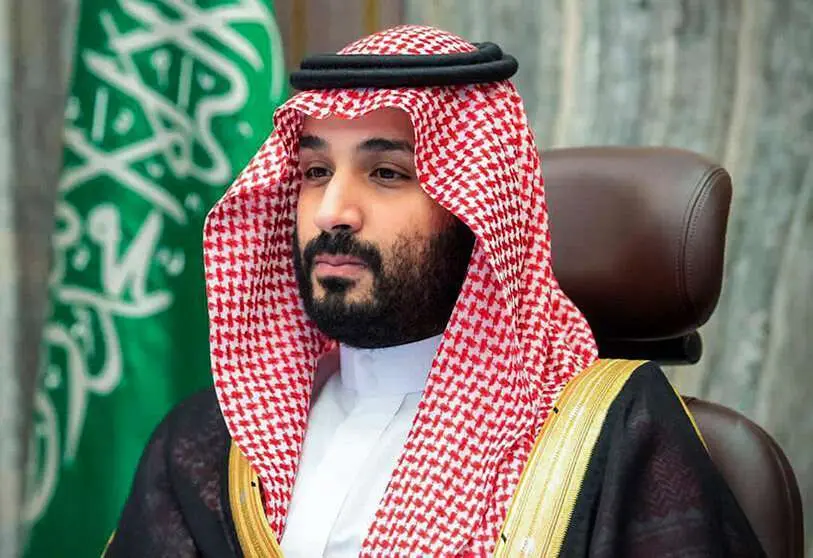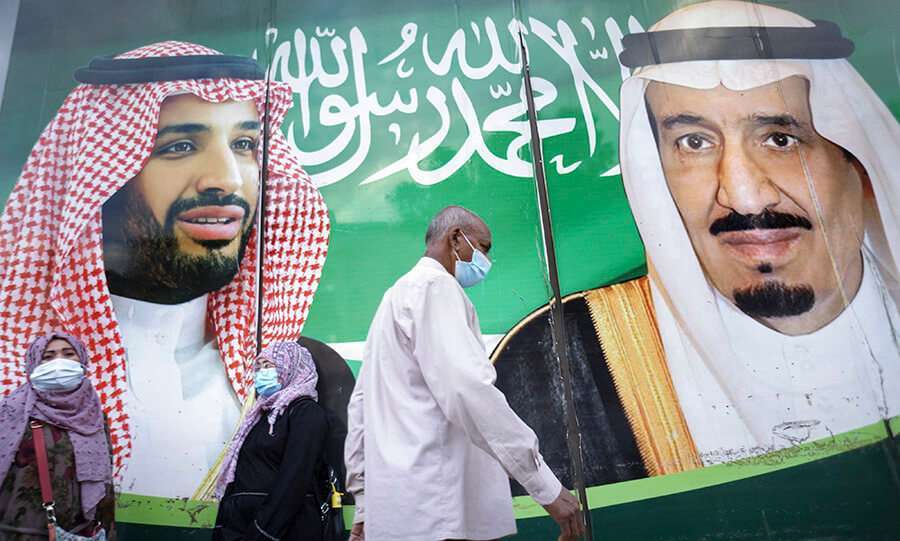Saudi Arabia plans legal reforms "to speed up access to justice"

Saudi Arabia's roadmap includes a radical reform of its legal system to speed up verdicts, make them more consistent and institutions more effective. To achieve these goals, the kingdom intends to implement four new draft laws: a Personal Status Law, a Civil Transactions Law, a Penal Code for Discretionary Sanctions and an Evidence Law.
According to Crown Prince Mohammed Bin Salman, these laws would eliminate discrepancies and ensure consistency in court rulings. They would also improve the reliability of oversight mechanisms and clarify accountability. He even spoke of discrepancies in court rulings as one of the biggest problems currently facing the Saudi system and one that has caused many people to be affected, especially women: "The absence of applicable legislation has led to discrepancies in decisions and a lack of clarity in the principles governing facts and practices," Bin Salman argued in statements to Arab News. He added: "This resulted in protracted litigation that was not based on legal texts. Moreover, the absence of a clear legal framework for the private and business sectors has led to ambiguity regarding obligations. This was painful for many individuals and families, especially women. It also allowed some people to shirk their responsibilities. This will not happen again.
A draft Judicial Decisions Code was deemed insufficient to meet the expectations and needs of the population, according to the crown prince, who also announced that new draft laws will be submitted to the Council of Ministers for review before they are sent to the Shoura Council. Saudi Arabia's intention is that they will all be finalised and ready for entry into force later this year.

The new laws adopt international judicial standards and practices in a manner that in no way contradicts the principles of Sharia - the body of Islamic law - and whose new Penal Code would improve the application of justice in cases where previously there may have been some difference of opinion, according to the Minister of Justice and President of the Supreme General Council, Dr Walid bin Mohammed Al-Samaani.
Saudi lawyer Dimah Al-Sharif explained that the reforms would "contribute to an unprecedented standardisation of the ruling system", particularly in relation to family law. "We will say goodbye to the wide and undefined margin of discretion that a judge enjoys," Al-Sharif said. In this way, Saudi Arabia aims to address one of the most important problems of its judicial system, namely the disparity of criteria for certain situations where the facts and circumstances were virtually the same. These measures reduce the freedom of judges to a certain extent, but if they fulfil the objective for which they were created, they will lead to an improvement in terms of the unity of criteria and the acceleration of all judicial processes. Not forgetting, of course, the direct impact they will have on the Saudi Arabian population: "They will play a huge role in the empowerment not only of women, but of society as a whole," said the Saudi lawyer.








